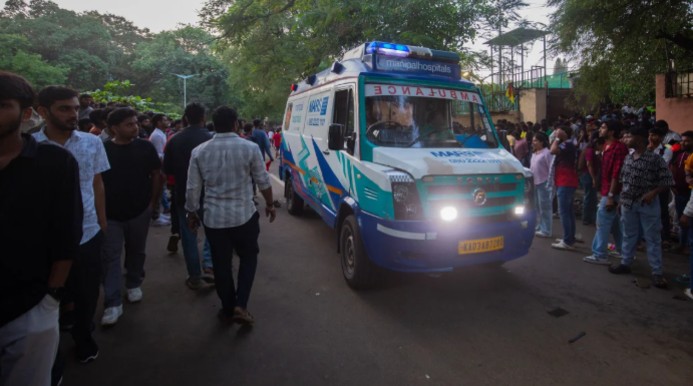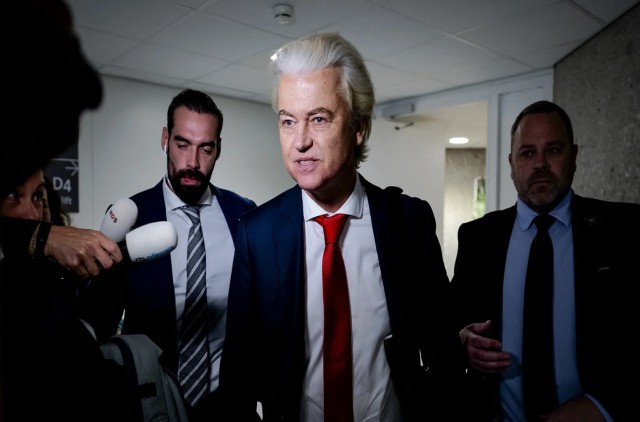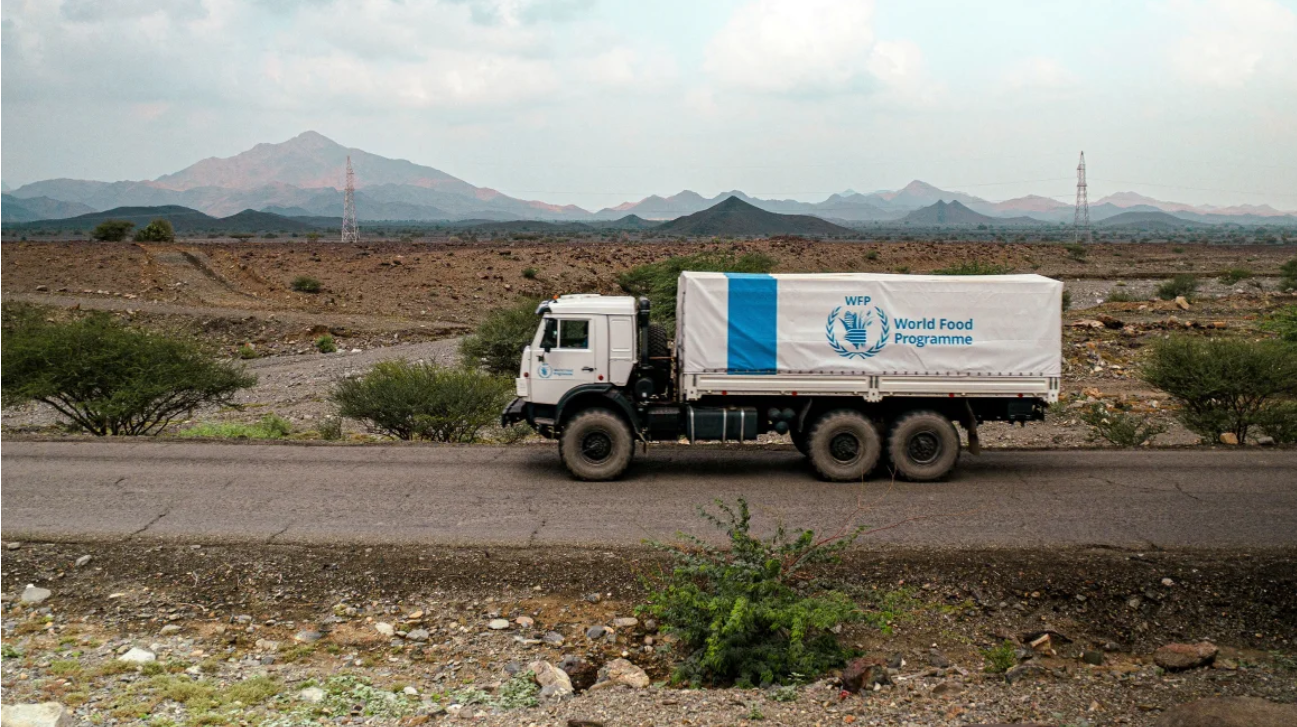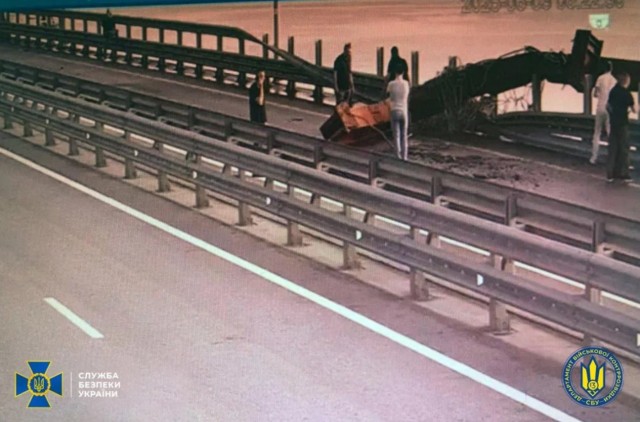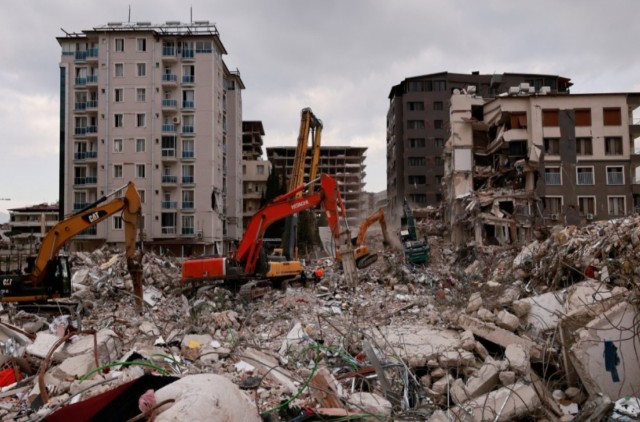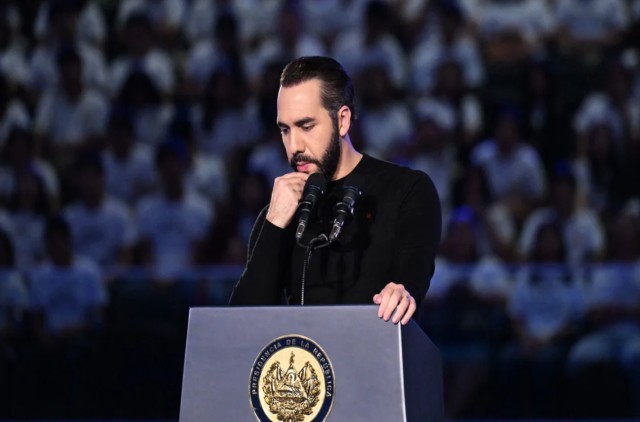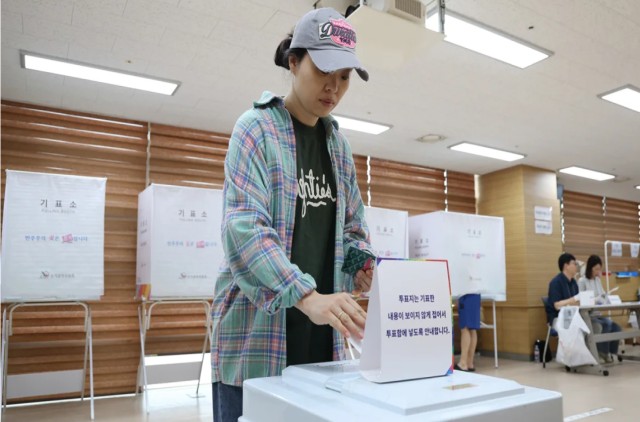
A voter casts a ballot for the presidential election on June 3, 2025 in Seoul, South Korea.
South Korea is heading to the polls after six months of political unrest. The presidential election comes at a time of deep economic concerns, rising regional tensions, and growing public distrust in government institutions.
Lee Jae-myung Leads the Race
The front-runner is Lee Jae-myung, 60, from the liberal Democratic Party. Lee's journey is extraordinary. He once worked in a factory as a child and rose to become a human rights lawyer. His political career includes roles as mayor, governor, and most recently, a lawmaker.
In 2022, Lee narrowly lost the presidency to Yoon Suk-yeol. In January 2024, Lee survived a shocking assassination attempt during a public event. Then, in December 2024, he made global headlines during a dramatic showdown when Yoon declared martial law and deployed troops to parliament. Lee was filmed jumping over a fence to access the legislature, and the video went viral.
Lee has promised sweeping reforms. He advocates limiting the president’s emergency powers, supports a constitutional change for two four-year presidential terms, and wants to foster peace with North Korea. His plans include growing the AI sector and helping small businesses thrive.
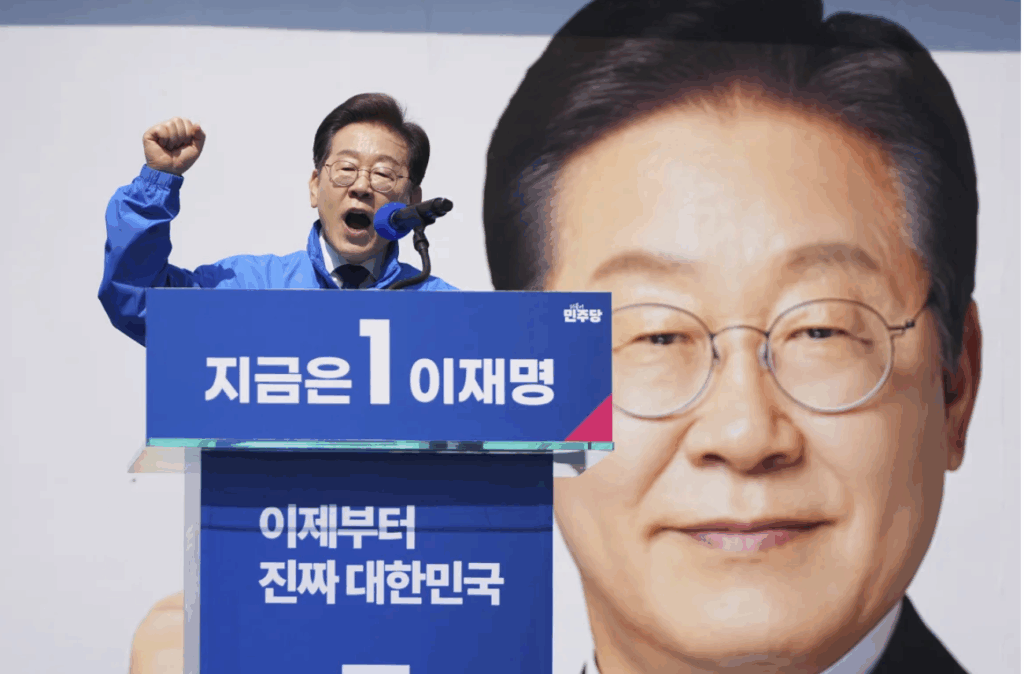
Legal Troubles Haunt Lee
Despite his popularity, Lee faces serious legal issues. He is currently involved in multiple trials, including alleged bribery and a property development scandal. He was also convicted of breaking election law, a case now in appeals court.
Lee insists all allegations are politically motivated and baseless. In an interview, he claimed prosecutors have no solid evidence against him.
Kim Moon-soo: The Conservative Challenger
Lee’s main opponent is Kim Moon-soo of the conservative People Power Party (PPP). A 73-year-old former labor minister, Kim was once a student activist jailed for his protests. After party infighting and court battles, Kim was officially nominated by the PPP.
The party remains divided, and pre-election polls showed Kim trailing behind Lee. Still, Kim aims to unify conservatives. He has pledged to rebuild public trust by reforming the judiciary and election systems. Kim’s campaign focuses on making South Korea more business-friendly. He supports tax cuts, promotes nuclear energy, and encourages technological innovation.
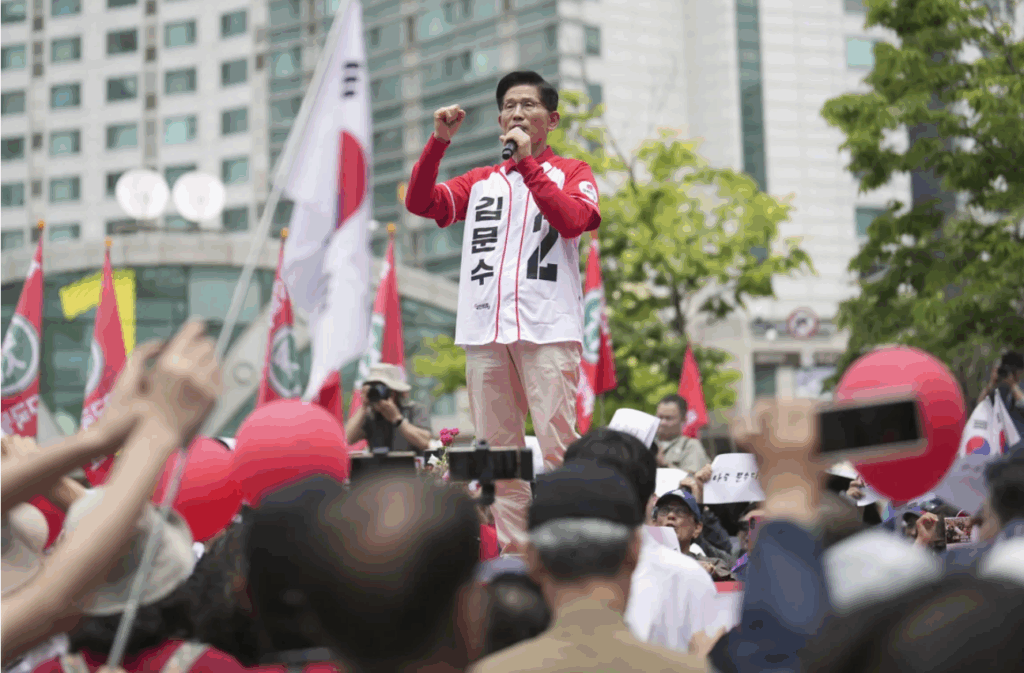
Rising Stars and Third Parties
Several independent and third-party candidates are also in the race. Among them is Lee Jun-seok, former PPP leader, who launched the conservative New Reform Party last year.
Though unlikely to win, these candidates could influence the election outcome by splitting votes or swaying undecided voters.
Voters Focused on Economic Survival
The economy is the top concern for voters. South Korea’s GDP shrank in the first quarter, youth unemployment is high, and consumer spending is down. Rising living costs and housing challenges are fueling frustration.
Part of the economic stress stems from former U.S. President Donald Trump's trade war. South Korea's export-heavy economy has suffered under new U.S. tariffs. Exports to the U.S. dropped sharply in April. The country’s largest airline warned of potential $100 million losses annually.
While trade officials are in talks, political instability at home has delayed progress. Both Lee and Kim promise economic recovery through job creation, education reforms, and improved housing access.
South Korea Faces a Demographic Crisis
Beyond the economy, the new president must tackle falling birth rates and an aging population. Young couples cite high childcare costs and gender inequality as major concerns. These demographic challenges mirror those of neighboring Japan and China.
Security Threats Loom
Security is another major issue. North Korea continues to develop its military and has tested long-range missiles. Experts warn that it may resume nuclear testing soon.
Meanwhile, South Korea's diplomatic balancing act continues. The country relies heavily on trade with China but maintains a strong military alliance with the U.S., which includes nearly 30,000 American troops on Korean soil.
South Korea has also deepened its cooperation with the U.S. and Japan to counter China's regional influence.
The Fall of Yoon Suk-yeol
The election follows the dramatic fall of former President Yoon. He was impeached and removed from office in April after a months-long legal battle. Once known for prosecuting corrupt politicians, Yoon himself now faces charges including insurrection.
He has denied all wrongdoing but could face life imprisonment if convicted. South Korea has not carried out an execution in decades, but the charges remain serious.




